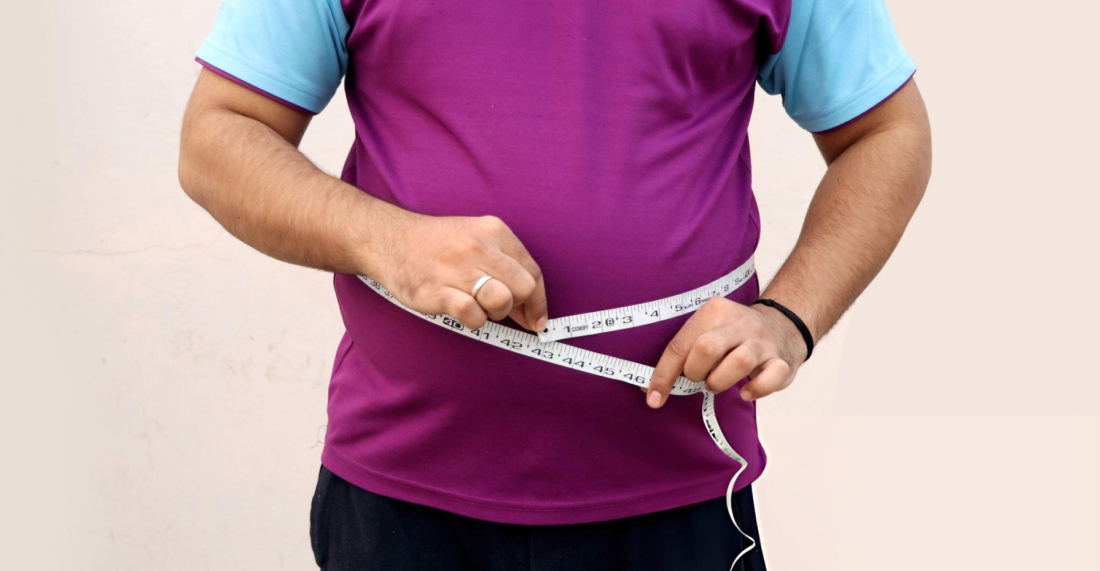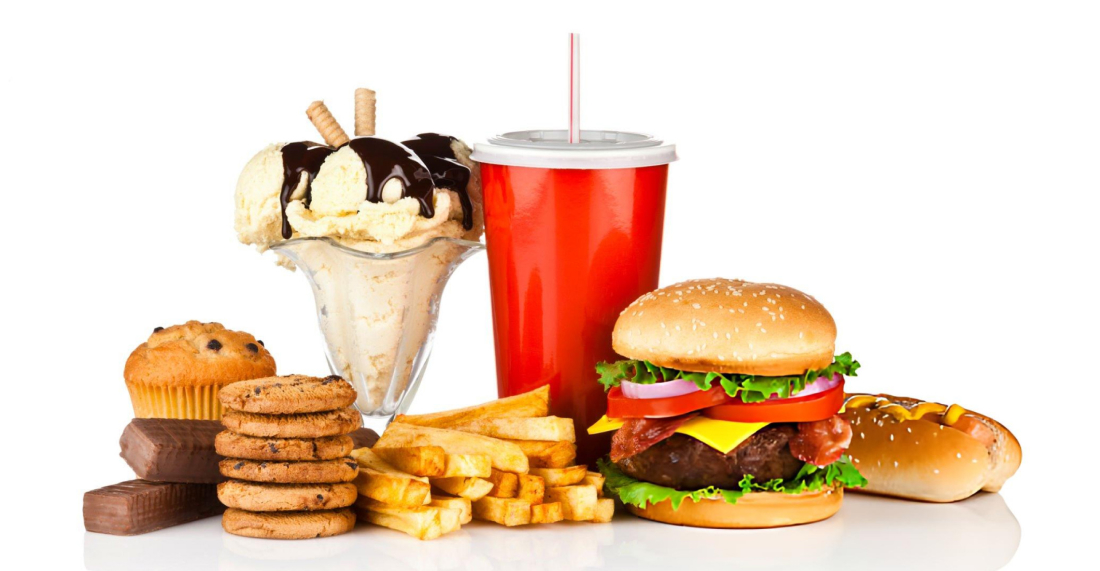

In today’s fast-paced world, processed foods dominate our diets. They’re quick, convenient, and often irresistible. However, the convenience of these foods comes at a price-our health. Understanding the hidden risks and ingredients in processed foods can empower you to make healthier choices.
Processed foods are any foods altered during preparation to improve shelf life, flavour, or appearance. These include methods such as canning, freezing, drying, or adding preservatives. Ultra-processed foods, on the other hand, are industrially manufactured products that contain additives, artificial flavours, and colours, along with high levels of sugar, salt, and fat.
Bread, a staple in many households, often falls under the processed category. Commercially produced bread typically contains preservatives, stabilizers, and emulsifiers to extend its shelf life and improve texture. While artisanal or homemade bread made with simple ingredients like flour, water, yeast, and salt is less processed. Most supermarket breads are part of the ultra-processed foods list.

Processed foods are convenient and widely available but come with health risks ranging from minor digestive issues to chronic diseases. It is important to be aware of the impact these foods can have on your health.
Processed foods are high in unhealthy fats, sugars, and calories which can lead to overeating and obesity. They lack fibre and disrupt hunger hormones, making it harder to feel full and easier to overeat.
Processed foods are high in calories but low in essential nutrients such as vitamins, minerals, and antioxidants. This can lead to deficiencies in Vitamin C, Vitamin E, Magnesium, Potassium, and Fiber, which are important for overall health and proper body function.
Eating a lot of processed foods can increase your risk of heart disease, type 2 diabetes, and cancer because they contain unhealthy ingredients such as sodium, trans fats, sugars, and potentially harmful additives. It is best to limit processed food consumption to lower your chances of developing these chronic diseases.
Processed foods lack dietary fibre, essential for healthy digestion. This can lead to issues such as constipation, bloating, and irregular bowel movements. Additionally, additives such as artificial sweeteners and emulsifiers may disrupt gut health by altering the gut microbiota.
Processed foods are designed to be addictive, leading to compulsive overeating. Signs of food addiction include cravings for sugary or salty snacks, difficulty stopping once you start eating processed foods and feeling guilty after overeating but repeating the behaviour.
Consumption of processed food increases the risk of a range of diseases, among which these are the most important ones:

The term “processed” covers a wide spectrum, from minimally processed to highly processed. Here’s an ultra-processed foods list to limit or avoid:
If you want to cut back on processed food and wondering where to start, these are the top five to steer clear of:
Now that you understand better that avoiding processed food is the secret to good health, let us share with you some tips on how to wean off processed food.

Reducing dependency on processed foods requires mindful eating and planning:
Unprocessed foods are nutrient-dense, providing essential vitamins, minerals, and fibre. They support a healthy weight, reduce the risk of chronic diseases, and promote overall well-being. Plus, they’re free from harmful additives and preservatives.
Processed foods may be convenient, but their hidden health risks and questionable ingredients make them a poor dietary choice. Prioritising unprocessed foods and limiting ultra-processed options is essential for long-term health. By making informed decisions, you can avoid the side effects of eating processed foods and protect yourself from the diseases caused by processed foods. Remember, small changes in your diet today can lead to a healthier, happier future.
Sources:
Spread the love, follow us on our social media channels